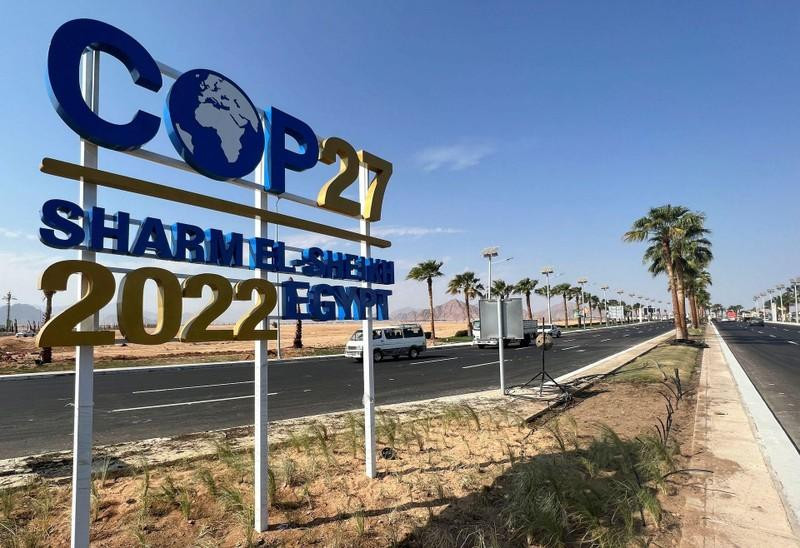On the eve of COP27, the European Union (EU), consisting of 27 member countries with the third largest emissions in the world, is trying to mobilise the main emitters to set more ambitious targets in their climate actions.
In a document released after the EU environment ministers meeting in Luxembourg on October 24, the member states of the EU called for increased global efforts to achieve the targets set out in the Paris Agreement on climate change. The EU’s current target is to reduce net emissions by 55% by 2030, compared with 1990 levels, and EU officials pledged to raise the target as soon as possible.
Notably, the EU agreed to put the issue of loss and damage on the agenda of COP27, discussing compensation measures related to damages caused by floods, sea level rise and other impacts caused by climate change, to the poorest countries in the world.
This has remained a contentious issue for many years, and the agreement of EU ministers to put it on the agenda of COP27 could be considered a breakthrough.
Developing countries are constantly pressuring the world’s top-emitting economies, to gradually abandon their opposition to claims, in cases of damage caused by the effects of climate change. Many countries proposed COP27 to set up a fund to support countries affected by climate change, such as Pakistan, the South Asian country that suffered historic floods that killed about 1,700 people this year, or the Horn of Africa region that suffers from terrible droughts.
At COP27, countries in Latin America and the Caribbean are also expected to seek compensation for damage from natural disasters, because, despite their low emissions, the region is among the vulnerable victims most affected by climate change.
In 2009, powerful countries made their first pledge to contribute 100 billion USD a year to the climate relief fund, to help poor countries reduce emissions and adapt to climate change. To date, this goal has been missed. At COP26, which took place in the UK in 2021, countries acknowledged that it was difficult to achieve this target before 2023. In the document recently agreed at the meeting in Luxembourg, EU environment ministers only expressed hope to achieve the above target in 2023.
Meanwhile, experts have repeatedly emphasised that 100 billion USD a year is just the bare minimum needed to build trust in the climate talks. The President of Egypt’s special representative to COP27 said that the world needs to attract trillions of US dollars to support global climate finance, taking into account the priorities of developing countries that are most affected by climate change.
A group of senior experts preparing a report on climate finance for COP27 said that they are monitoring the biggest gaps related to climate finance and identifying causes and recommendations to mobilise the necessary financial resources.
Analysts say that the negotiations at COP27 are more intense in the context of a series of acute and complex challenges emerging in the world, including the escalating conflict in Ukraine, the economic recession and the energy crisis. Foreign Minister of the host Egypt and COP27 President-Designate Sameh Shoukry, called on the world to focus on the existential threat of climate change and avoid being derailed from the target by current international conflicts and crises.
















